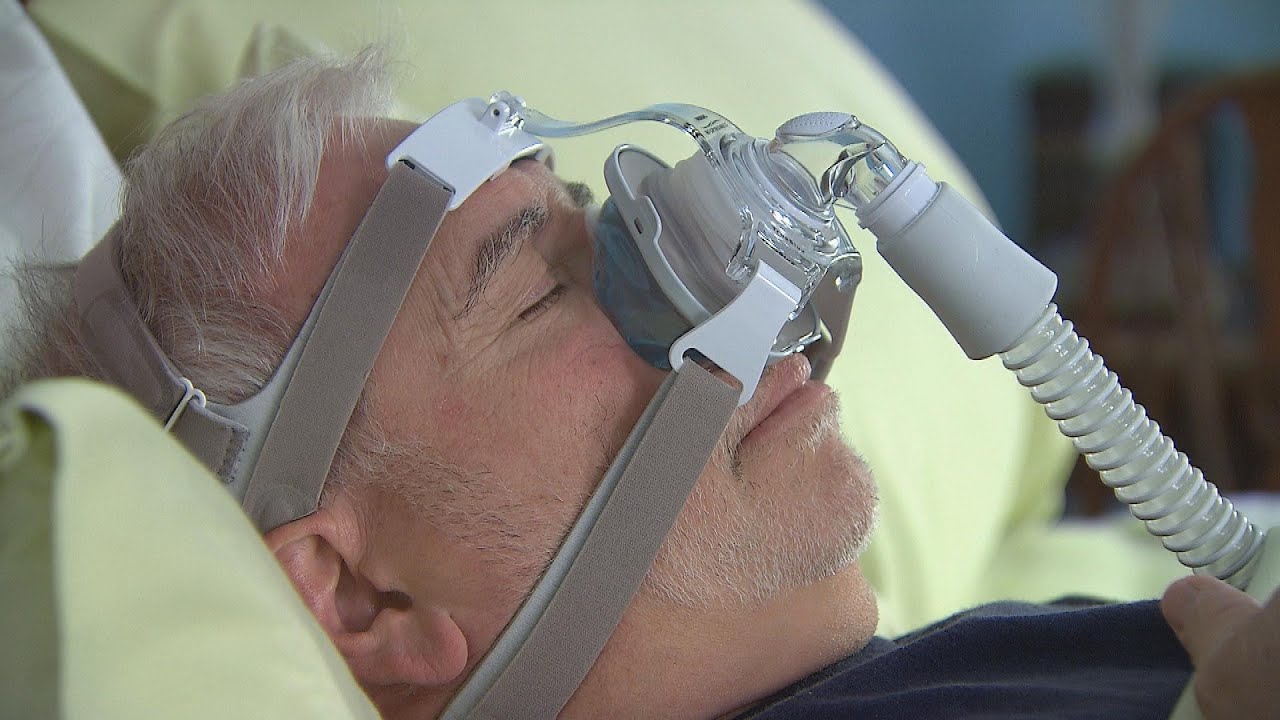CPAP Tips from FDA
by CPAP cleaner
Posted on 15-02-2022 01:07 am

CPAP Tips from U.S. Food and Drug Administration
With the rising numbers of elderly populations and those with chronic health issues, the Home Healthcare field has expanded significantly within the United States.
Patients are becoming more and more dependent on medical technology to maintain or improve their quality of life in order to live as independently as possible. But they may have difficulties handling and maintaining their devices, as well as understanding the instructions on how to use them. These factors, along with using devices in different settings - at home, at work, traveling, out in the yard, etc. - can jeopardize patient safety. So, here are some helpful tips for anyone using a CPAP or caring for someone who does.
The CPAP, or Continuous Positive Airway Pressure device, is a widely used device that can often be problematic to operate, clean and maintain. It's used for people who have breathing problems, typically at night, which is commonly known as "obstructive sleep apnea".
It occurs when soft tissue in the back of your throat collapses and keeps you from breathing normally. How your face mask fits can affect the quality of your treatment. If the mask is too tight, you may get sores around your mouth and nose.
If the mask fits loosely, air can leak out, causing your sleep to be disrupted. So, if you have problems with a mask that's either too tight or too loose, try adjusting the strap that fits around your head. If you're anxious about wearing a mask for treatment, contact your healthcare provider. They may recommend additional supervised training or adjustment in the size or model of your device. Never secure the straps of the face mask too tightly on your face, and never use tape to seal the mask to your face.
And of course, keep your mask clean! It'll fit much better if it is. Be sure to clean the humidification chamber, too, since bacteria could grow inside of it. And hang your hose up between uses so all the condensed water vapor drains out and the hose can properly dry. Using detergents that contain conditioners or moisturizers to clean your face mask may cause residue buildup, so follow your manufacturer's recommendations in the labeling or package insert about the daily care and storage of your device.
The CPAP's filters also need to be cleaned. Washable foam filters need to be cleaned as soon as you can see any discoloration.
The filters may need to be cleaned or replaced frequently, even on a weekly basis, if you have a lot of pet hair, dust, smoke, or humidity in your home, so follow your manufacturer's recommendations for how to replace any disposable filters. And, of course, children should never play with your CPAP! They could misuse it, change the settings, or get the device dirty - all of which could cause a potential hazard to the device or to themselves.
It's important to explain to any child that this device is not a toy. Now, the CPAP is prescribed to deliver a certain amount of air flow into your body.
This is called the pressure. Never attempt to change the pressure that your CPAP delivers. The pressure is prescribed by your healthcare provider and is directly related to your care.
If you feel that that the pressure is too little or too much, contact your health care provider to discuss any changes in the prescribed pressure. And contact your health-care provider as soon as possible if your breathing problems continue or worsen - but DO NOT stop using your CPAP until you talk with your healthcare provider. Knowing how to operate and maintain your CPAP device is essential, so always keep the following information about your device available: The correct name of your device. The name of the manufacturer of your device Contact information for your healthcare provider or distributor of the device and support systems in place for emergencies (loss of power, battery failure, or malfunctions. If you have any problems, report them to your healthcare provider, the manufacturer, and the Food and Drug Administration.
You can call FDA's Medwatch program at 1-800-FDA-1088. FDA receives reports of device problems and will take any action if needed.
You can report online by completing the consumer form found at www.fda.gov/medwatch or through the home use devices website at www.fda.gov/homeusedevices .
Resource :https://www.youtube.com/watch?v=B10ABypyGOo